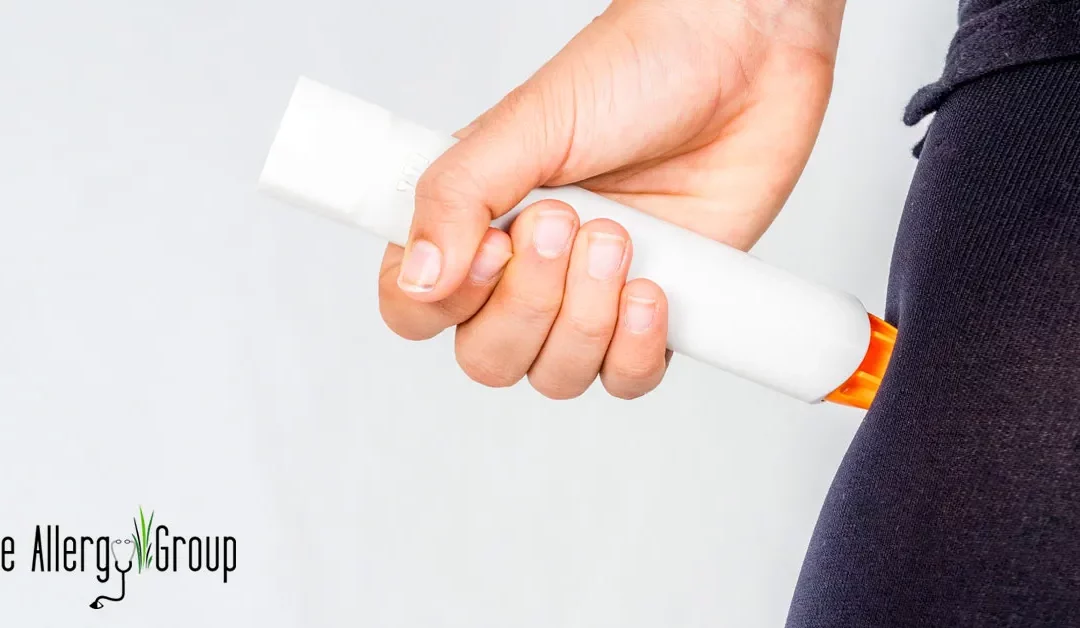Epinephrine should be administered at onset of anaphylaxis (life threatening allergic reactions). But when the time comes, parents or guardians may wonder if the situation actually warrants an injection. After all, it seems like a dramatic thing to do. For example, maybe symptoms don’t seem especially severe, or maybe there are no symptoms at all, you just know that the person or child consumed a certain allergen, or was stung by a bee.
As a general rule, when in doubt, use the EpiPen.
Common symptoms of a dangerous allergic reaction:
- closing of airways
- wheezing
- sneezing
- hoarseness
- hives
- itching
- swelling
- skin redness
- fast heartbeat
- weak pulse
- anxiousness
- confusion
- stomach pain
- incontinence
- faintness
- passing out
Some may wonder how severe the symptoms need to be before an injection is given. Always follow with emergency medical care. Some schools have a policy of injecting epinephrine even if an allergen was probably ingested, even if there are no witnesses. Research suggests that the risks associated with an epinephrine injection are far outweighed by the benefits. Furthermore, deliberation can be dangerous, as allergic reactions can turn into respiratory or cardiac arrest in half an hour. Food is leading cause of anaphylaxis. If you’ve had history of severe reactions, take epinephrine as soon as you suspect you’ve eaten allergy-causing food, or feel a reaction. An EpiPen should be used immediately if you experience symptoms above. Side effects of epinephrine may include anxiety, restlessness, dizziness, and shakiness. Rarely medication can lead to abnormal heart rate or rhythm, heart attack, increase in blood pressure, or fluid build-up in lungs. Patients with pre-existing conditions (such as thyroid disease or diabetes) who may be at higher risk for bad reactions should speak to allergist about when to use epinephrine. Despite the potential side effects, many allergists recommend a more aggressive approach to using an EpiPen, meaning when in doubt, use it.
Sources: Epipen.com epinephrineautoinject.com acaai.org www.foodallergy.org
For more information on how to care for, and remember your EpiPen, check out our other blog here:


